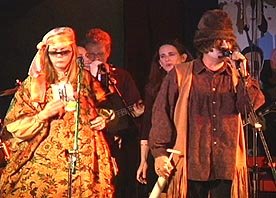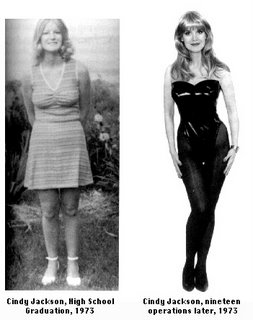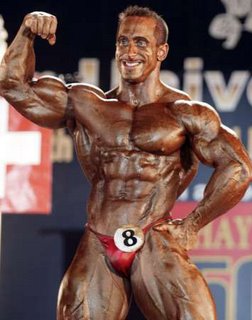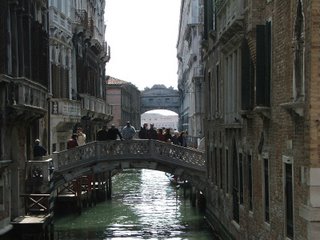Requiescat in Pacem
Hope is a state of mind independent of the state of the world. If your heart is full of hope you can be persistent even if you are not optimistic. I keep the faith despite the evidence, knowing that only in so doing does the evidence have any chance of changing.
Rev. William Sloane Coffin, Jr., civil activist who opposed nuclear arms, poverty, anti-Semitism and championed civil rights, died on April 12, 2006 at age 81




